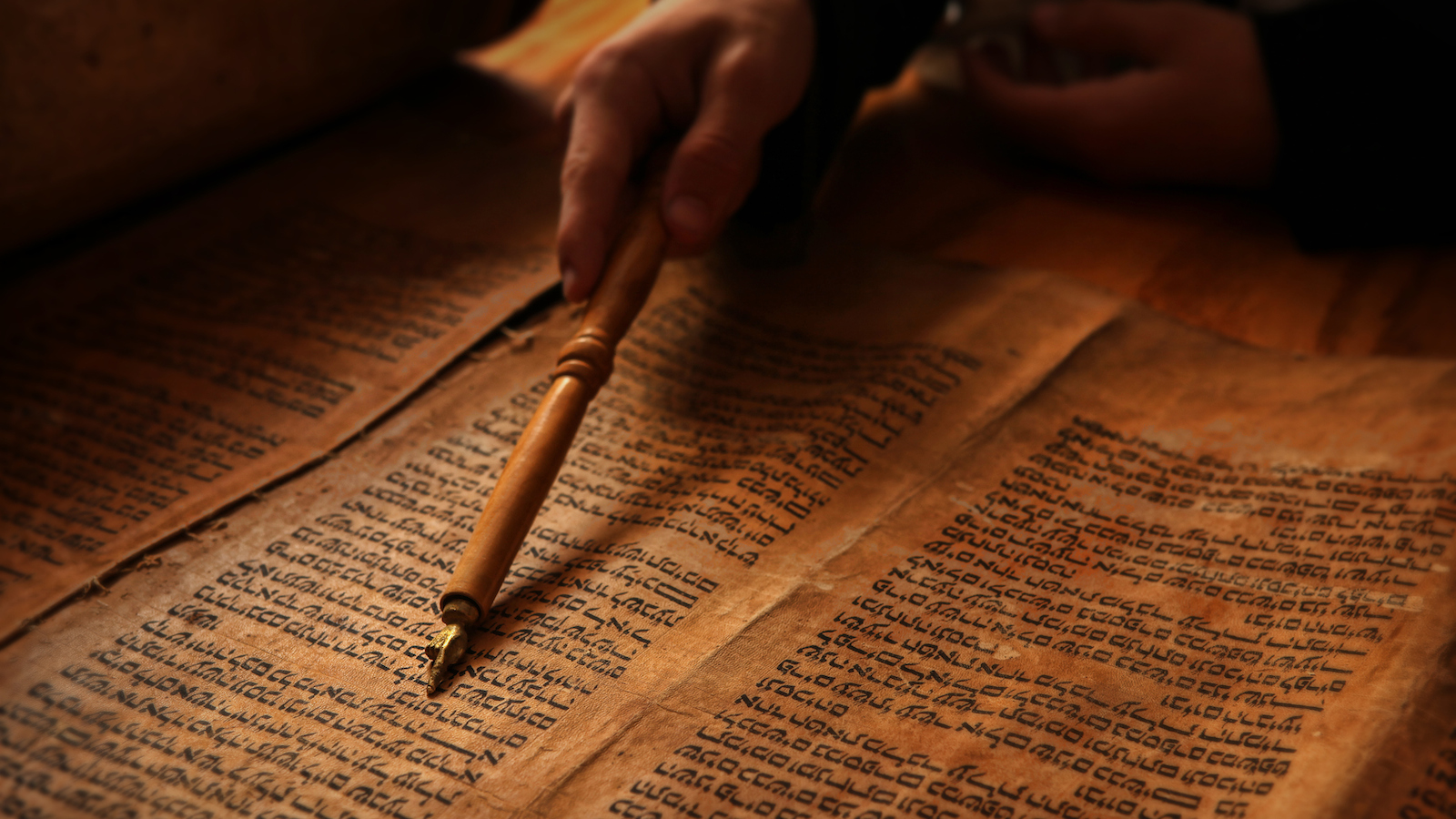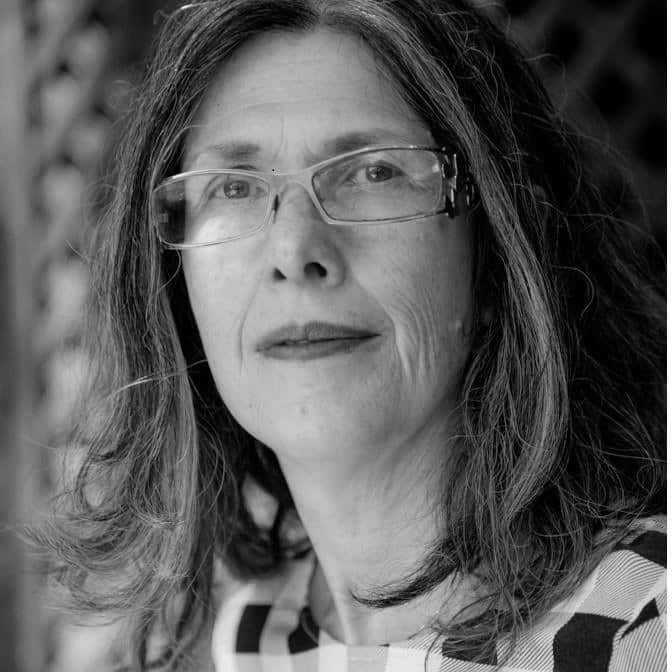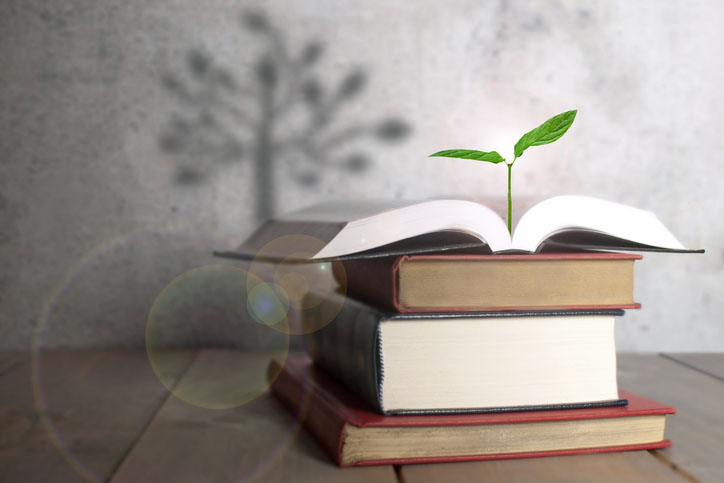
You are reading at Simchat Torah time, the joyful high point of the High Holy Days journey. I am writing on the day after Yom Kippur, the deepest point of descent. This will be important later.
The High Holy Days journey has the arc of a smile, the comedy mask. During the month of Elul, we begin our descent into our most profound regrets and fears. We make apologies we’ve been postponing, and open our hearts to accept apologies and forgive.
On Rosh Hashanah, we move into a complicated awe for creation. We know ourselves as creatures — mortal, fractured beings, set into a world that we did not make and that will outlast our presence.
We grapple with our vulnerability but celebrate the gift that comes with imperfection: our capacity to learn and do better. We let ourselves feel our nakedness before the gaze of One who knows everything that we would just as soon hide. We descend further into our heshbon ha-nefesh, the weighing of our souls. We commit to teshuvah, tzedakah and tefilah, to the repentance that returns us to our souls, to responsibility for the material well-being of others, to the practice of gratitude and prayer.
On Yom Kippur, we sink, like Yonah, whose story we read, to the deepest depths. For 25 hours without food or water or washing or sexual intimacy, we anticipate our deaths and ask ourselves: If we left the world today, would it be any better for our having been in it? This is when all the work we have done at excavating our sorrows and regrets comes to fruition, as we join our communities in confessing our wrongs out loud and in the privacy of our hearts. Together, we arrive for Neilah at the gates of the world, and, releasing our past misdeeds, enter our future together. We are so much lighter at the end of that day than when it began. And we begin to rise.
We build open booths, preparing for our harvest holiday, Sukkot, when we celebrate everything that, on Rosh Hashanah, gave us pause. We celebrate our fleshy vulnerability, our dependence for safety and love on one another and on God. We delight in autumn foods. We raise our lulav and etrog, reveling in the aroma and sight and sound. This is zman simchateinu, our time of joy. And we rise.
And, finally, on Simchat Torah, our Joy of Torah, we dance. Round and round we go, seven times, dancing with our Torah, our teacher and our love. We have earned this blowout, earned it with our earnest repentance and the labor of building sukkot, and with our heightened presence, our exploration of creatureliness and our commitment to fully living our lives, to discerning how each of us, with our particular gifts and knowledge, can help to make our world kinder and more just.
“The High Holy Days journey has the arc of a smile.”
So here we are, you at the crest of the smile, me emerging from our descent into the grave. It was good davening this year, profoundly intentional; we held one another in our prayers as they rose. I returned home from synagogue feeling soft and open, intending to write for you just what you read above. Then, I plugged in.
There was, of course, a whirlwind of news. Southern California on fire, the Kurds abandoned and killings begun. Squalid details about political corruption as impeachment inquiries accelerate. In Germany, another synagogue attacked, two deaths. While we prayed, the world went on.
We each are responsible for how we actualize the promises we made during our long days of reflection; responsible for how we are more active citizens, better to our loved ones and neighbors, better to the world. Our holy days are not meant to be a vacation from those responsibilities — they nourish us so we can meet them. We are still called to learn Torah and do mitzvahs, be useful in the world, fight for justice, be kind. The swooping arc of our High Holy Days journey leads us back to this.
For now, on Simchat Torah, we dance. We will return to earthly life, souls renewed.
Rabbi Robin Podolsky teaches at Cal State Long Beach, writes for Shondaland and blogs.


































 More news and opinions than at a Shabbat dinner, right in your inbox.
More news and opinions than at a Shabbat dinner, right in your inbox.